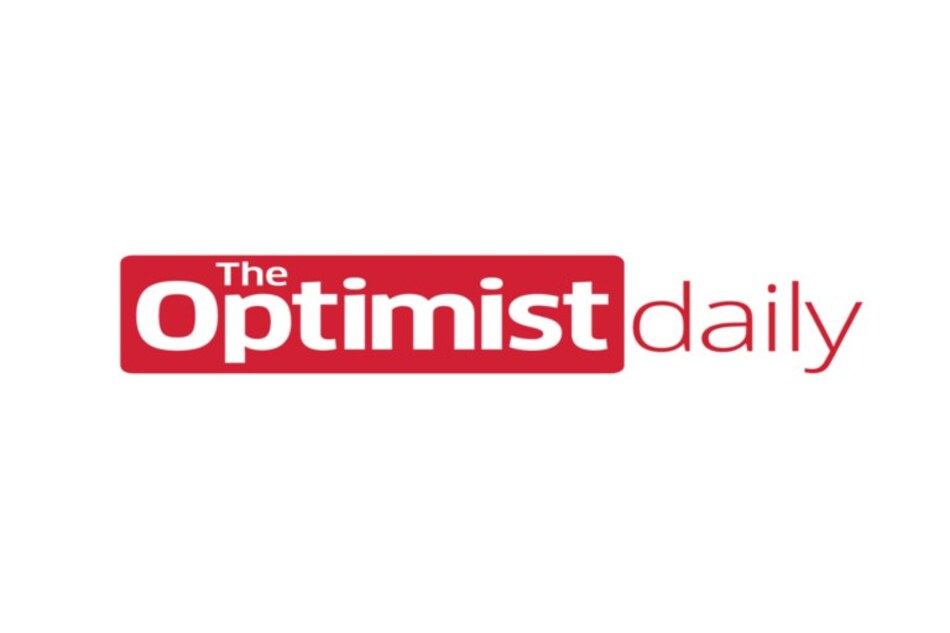Recent Harvard graduate Tony Shu recalls his freshman year at the prestigious Ivy League school. He was struck by the affluence and access to resources at the elite institution juxtaposed with the homelessness he saw in Harvard Square, where many homeless youths are the same age as local college students.
Motivated to help, Shu began volunteering at Y2Y, the country’s first student-run homeless shelter founded in 2015 by Harvard alums. There he says he witnessed the creativity and resilience of the youth he interacted with, but says, “Despite their best efforts, they continued to face immense barriers to employment: negative stigma, lack of educational attainment and employment experience, life instability, and more.”
Knowing that he wanted to do something more to address these issues, Shu designed his own academic major, urban studies, that taught him about real estate, government, entrepreneurship, sociology, and urban planning. With all of this knowledge as a base, he decided to launch his own nonprofit with Connor Shoen, a fellow Harvard classmate, and Y2Y volunteer.
Together, they co-founded Breaktime, Boston’s first transitional employment program for homeless youth. First, the pair set out to equip youths with job training, because stable employment is the most determinative factor in acquiring stable housing. However, the pair realized that they needed to provide a strategy that went beyond hard skills alone, so they modified their strategy so that it provided other skills like financial literacy and a sense of family, belonging, and purpose.
Through their work, Breaktime realized that resilient local communities are less prone to homelessness, so the organization started serving thousands of meals each week and distributing an abundance of groceries and produce to address food insecurity. Their service was invaluable during the pandemic, as Breaktime “associates” prepared more than 650,000 meals for the community while earning a living wage.
Breaktime as an organization is set apart from the rest because it is able to connect its trained associates after they go through their (paid) training to local community employment provided by the organization’s partners who promise to pay living wages. This way, youth are lifted out of homelessness with dignity and through their own efforts in a community that they help to build and will continue to be a part of.
Shu and Shoen’s work has been recognized by the Harvard Kennedy School, which in 2019 selected them as Cheng Fellows, recognized for advances in tackling a social challenge, as well as by The Boston Globe. This year they were selected as finalists for the Social Innovations Forum award and the Forbes 30 Under 30 list.
While these are already incredible achievements, the pair has no plans to stop their work. “We will continue to empower young adults experiencing homelessness to see their own worth and potential and become changemakers in their own right,” Shu says. “We hope that our work sets off a sustaining positive chain reaction.”











